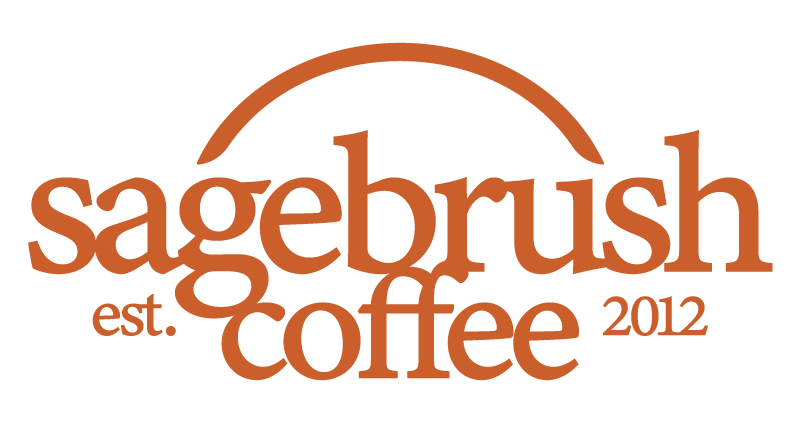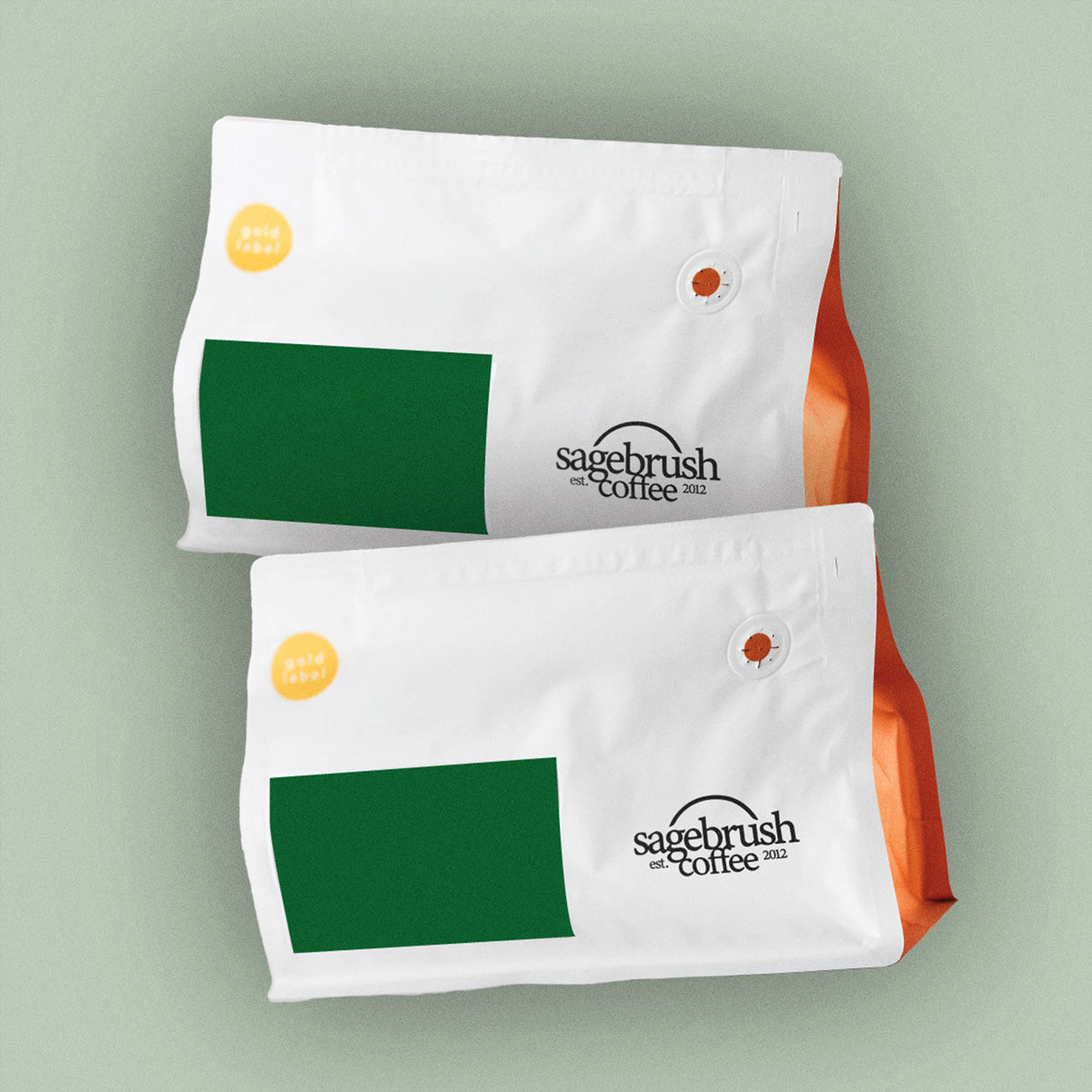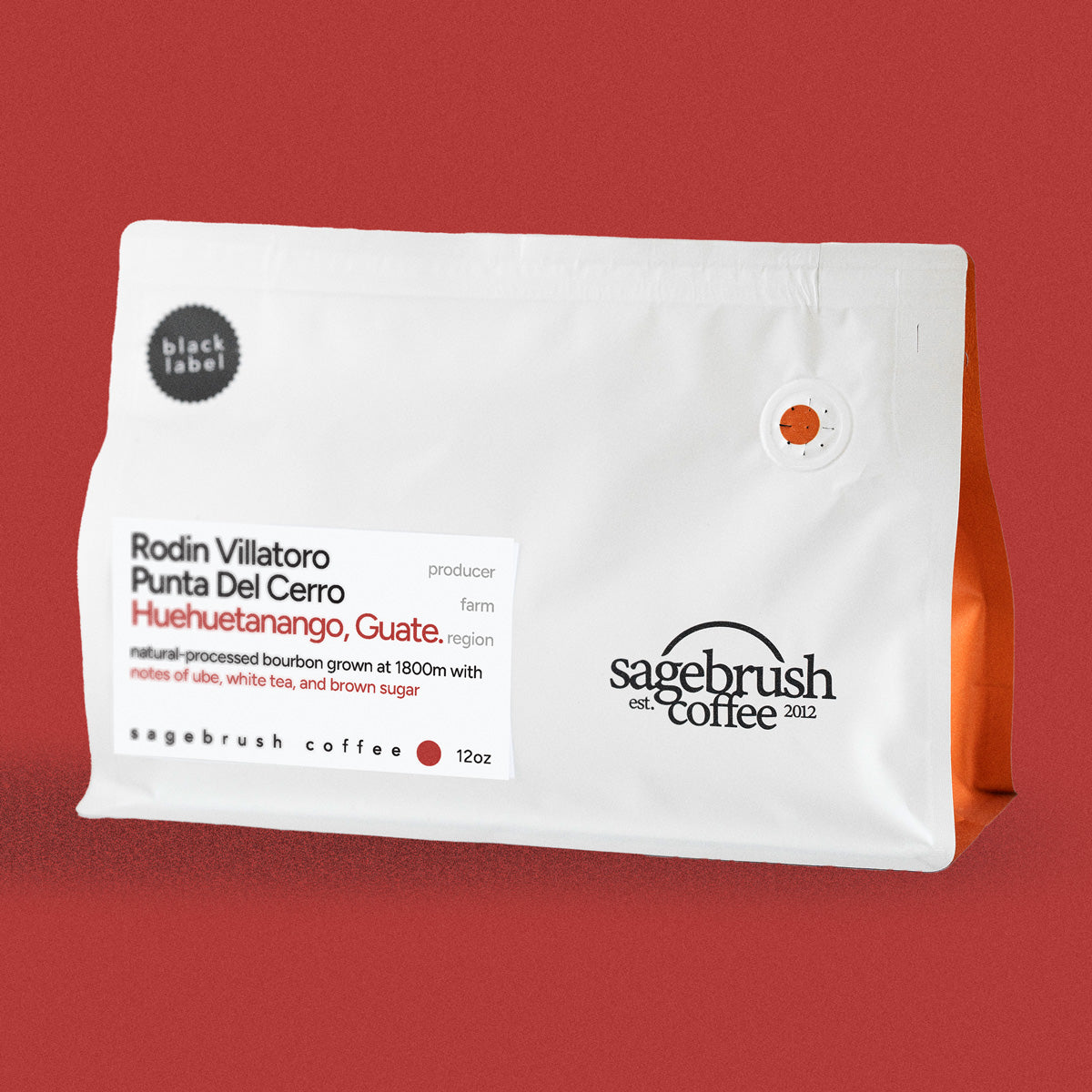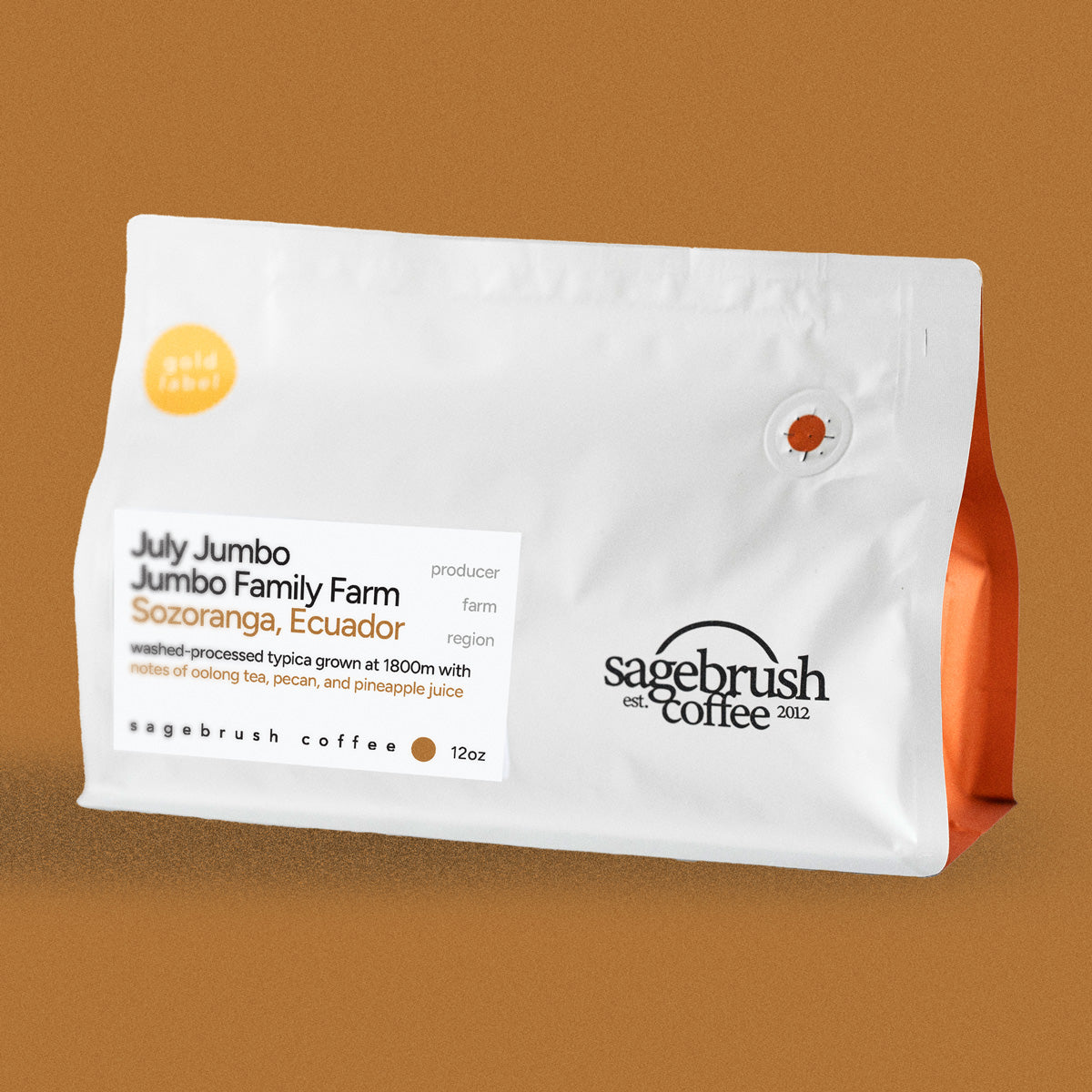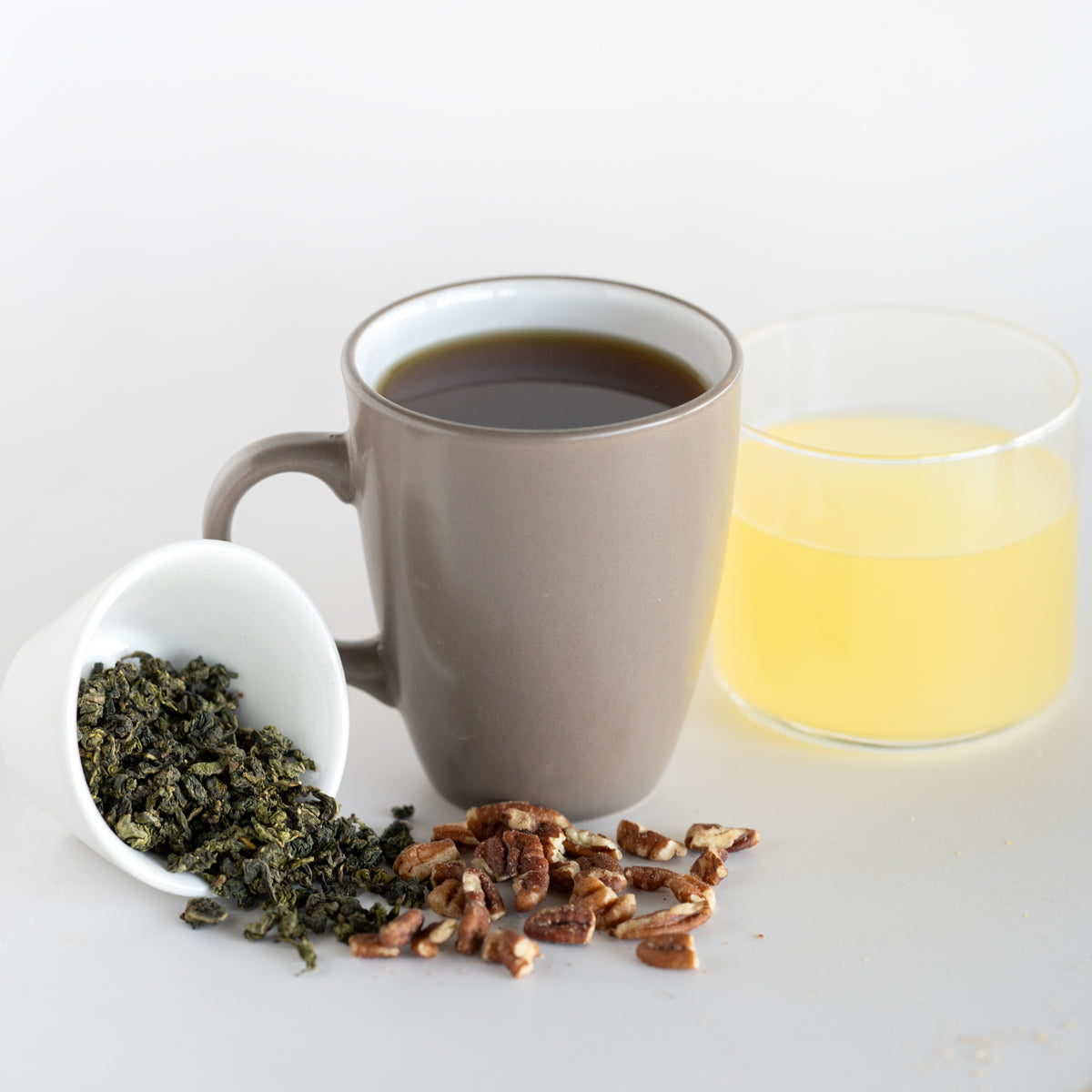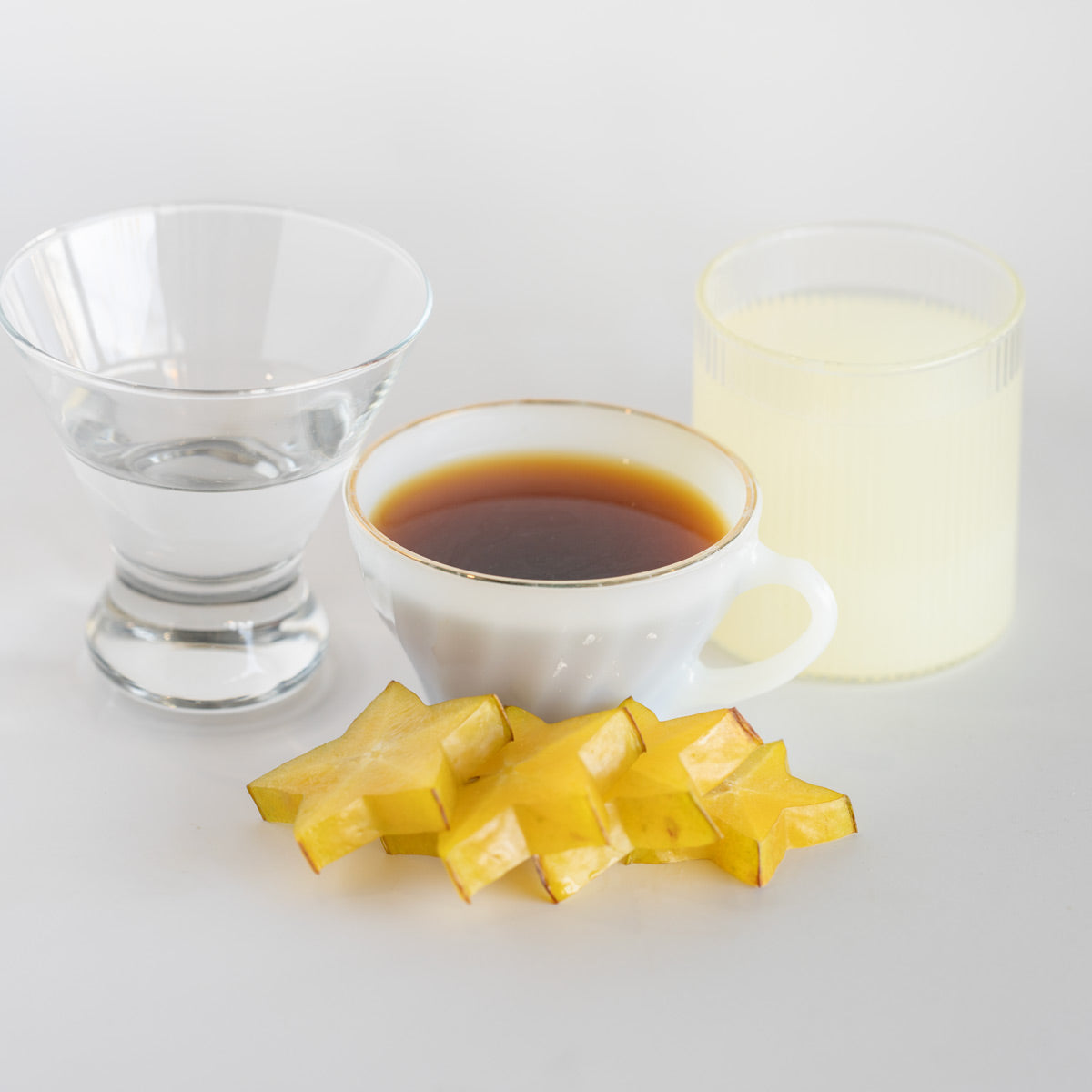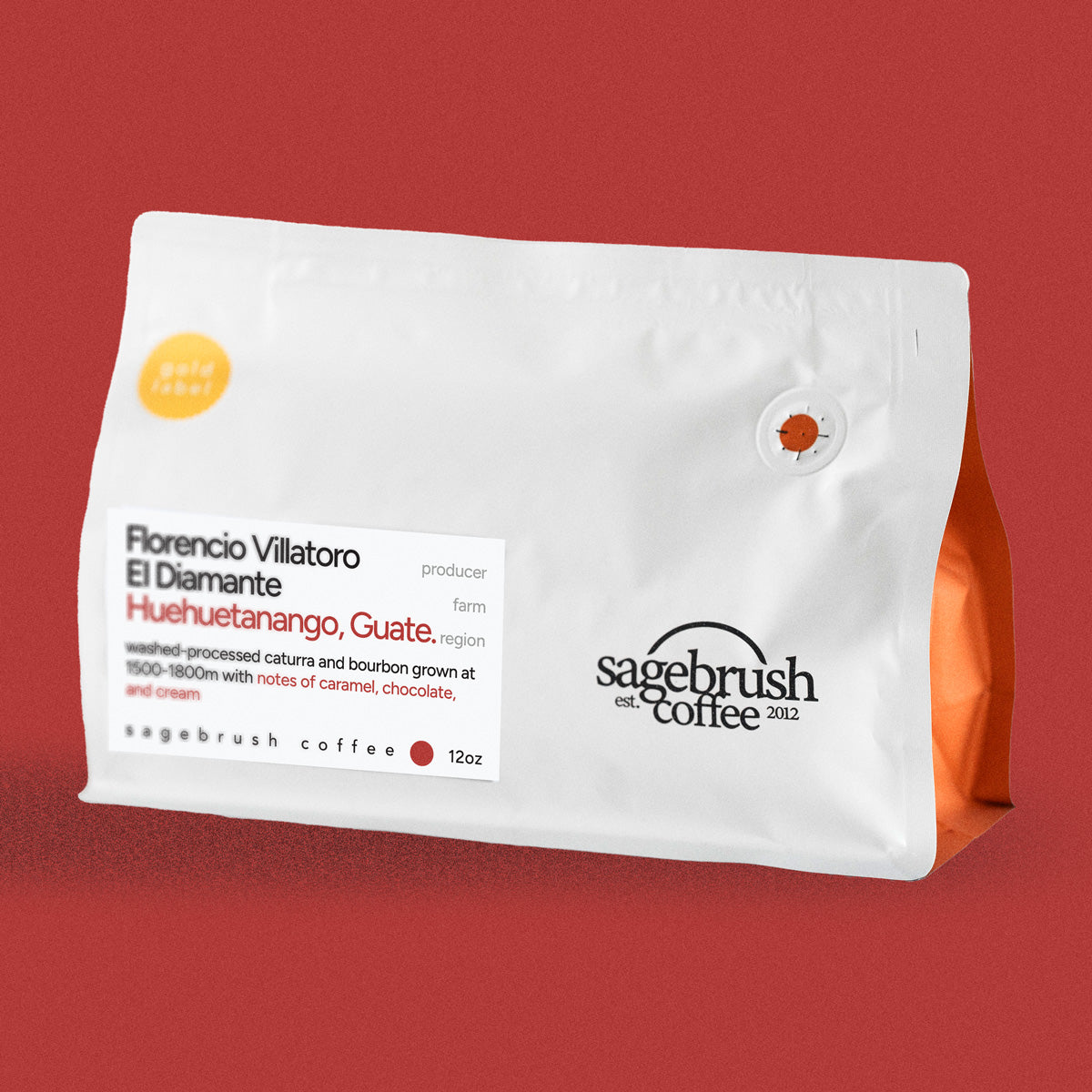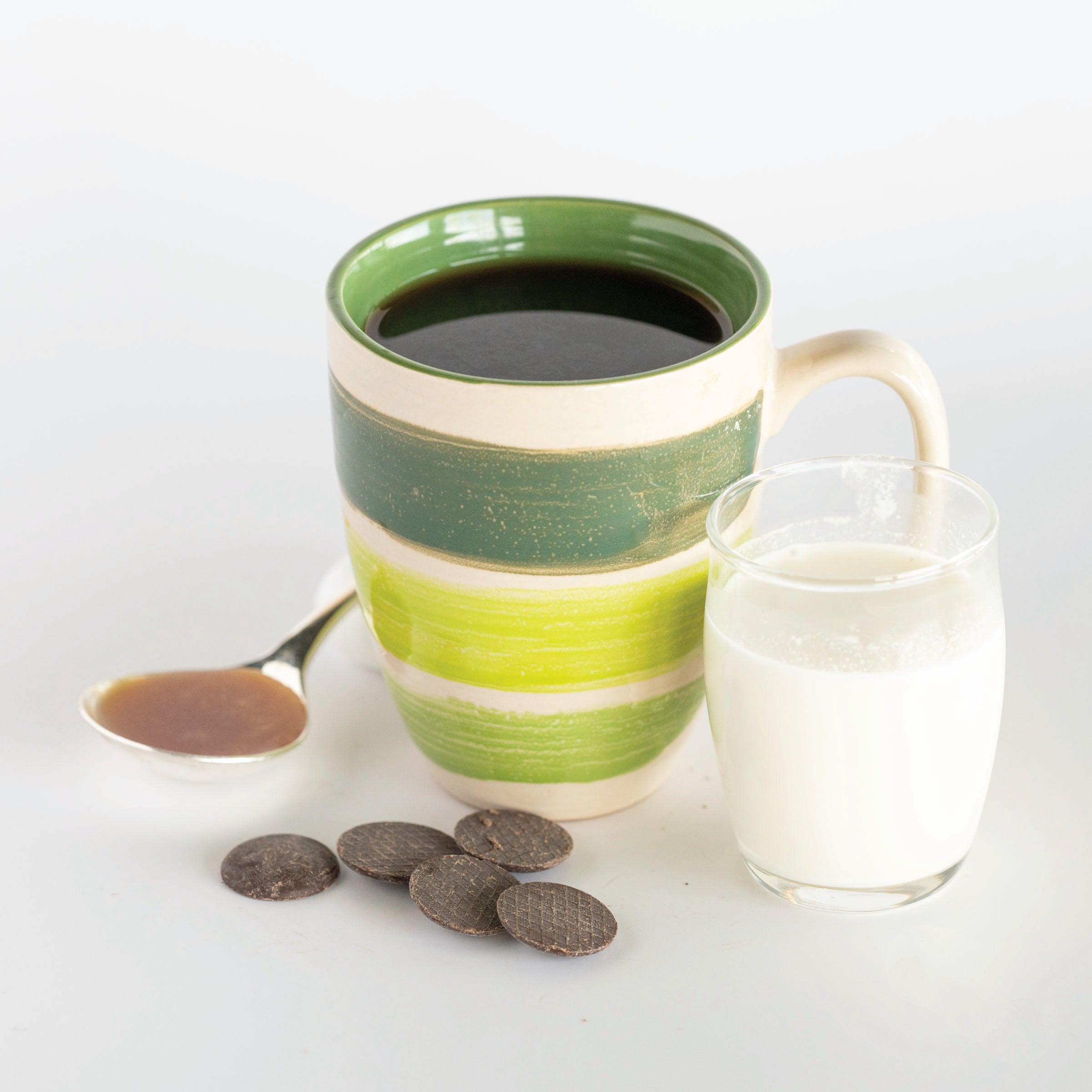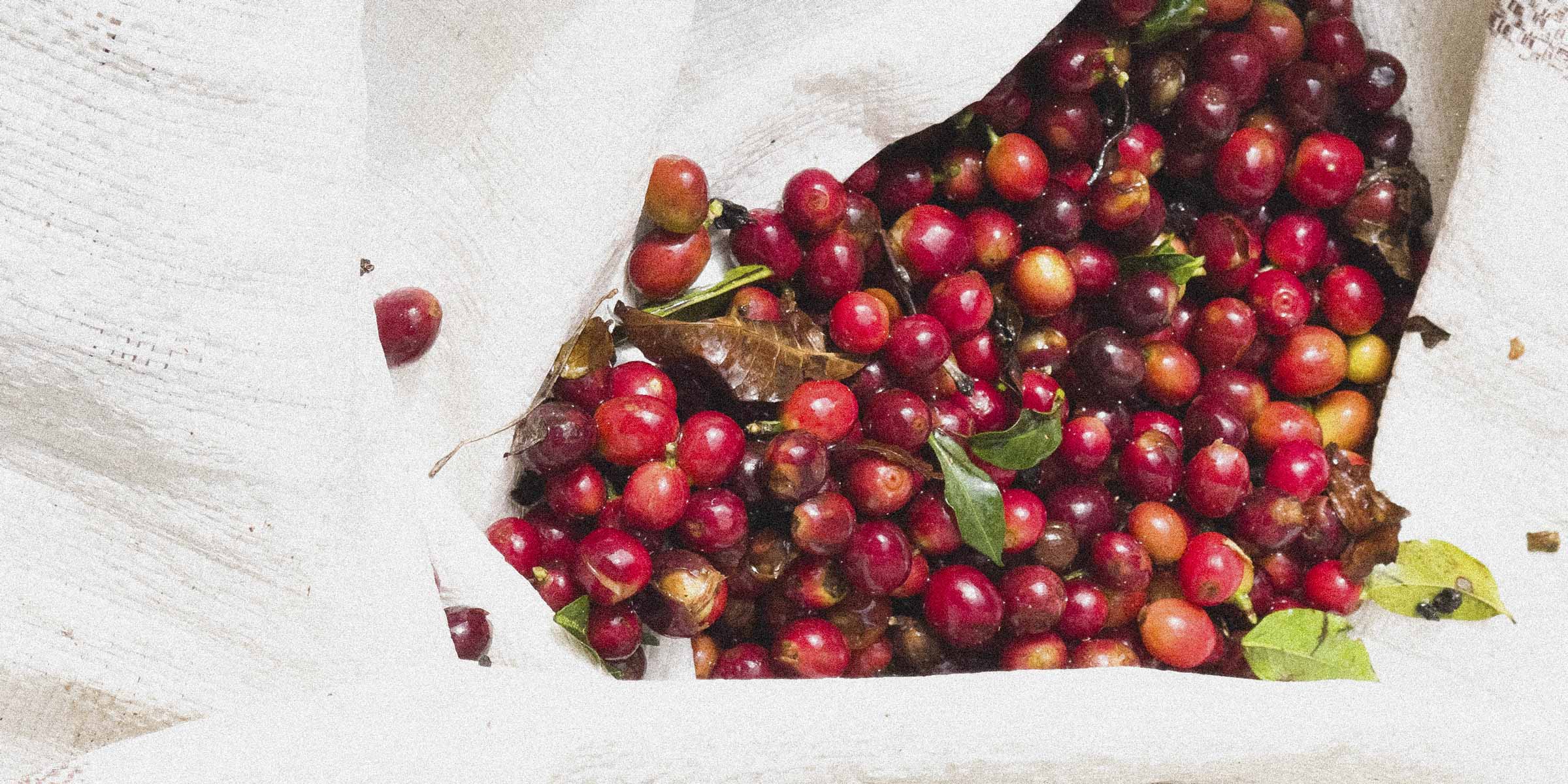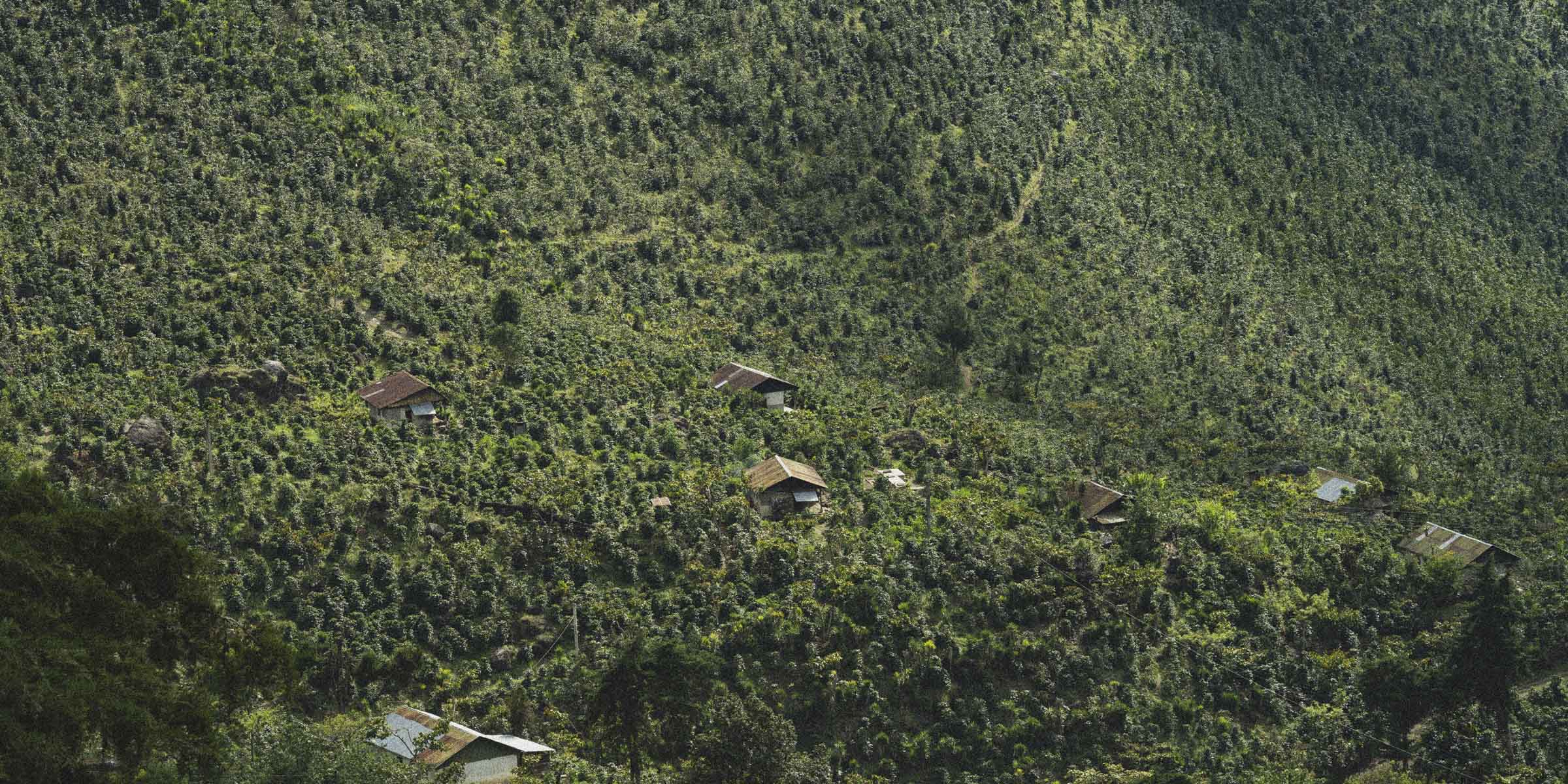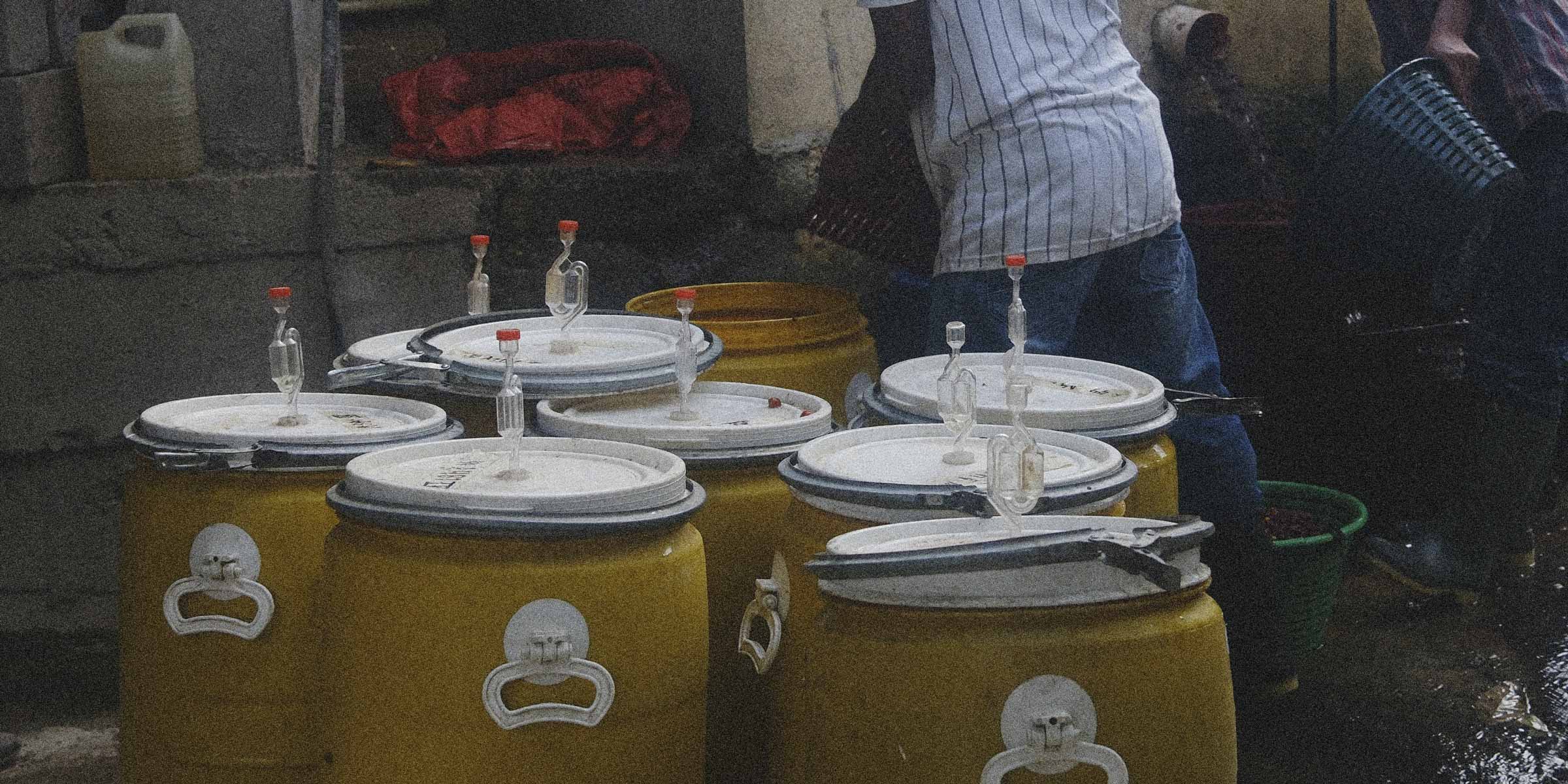El Salvador Coffee History
Although the smallest of the Latin American countries, El Salvador (el sal•vuh•dor) produces incredible, high-grade coffee beans. For more than a century, coffee production has increased economic growth and is considered a pinnacle in El Salvadoran history. Coffee harvesting began in the 19th century as a domestic indulgence. By the mid-century it became a commercial product and, with the help of the government and legislative tax breaks for farmers, coffee production grew rapidly ultimately becoming the country’s primary export crop. El Salvadoran coffee production developed without the technical and financial assistance used by their nearby competitors, such as Guatemala and Costa Rica. Nonetheless, El Salvador has become one of the most competent coffee producers in the world.
El Salvador’s growth is intimately intertwined with the history of its coffee trade. There is no other country in Central America that has relied so heavily on coffee to determine the success or failure of its economy. Starting in the late 1800’s, coffee overtook indigo as the country’s largest export. In the following decades, coffee continued to grow as a major part of the economy and accounted for 90% of all exports by the 1920s. Shade coffee plantations are by far the dominant method of growing coffee in the country, and the grand majority of the forests in the country are associated with these shaded coffee plantations. These plantations are scattered across the country’s mountainsides on “fincas,” or farms, 1,200 to 1,500 meters above sea level. The country’s coffee research institute, PROCAFÉ, recognizes seven geographical areas that are divided up based on flavor characteristics and altitude.
The history of El Salvador’s politics and the instability the country has experienced also affected the ability of the country to produce high-quality coffee. This inconsistency has been decreasing in recent years, and El Salvador’s reputation for producing gourmet, high-quality, single-origin arabica coffee is definitely on the rise. Part of what makes the coffee so special is the passion and expertise of the farmers. The process of making coffee has become deeply engrained in these farmers’ lives and created a sustainable way of life for the communities around them. A motivated and highly skilled workforce of pickers and millers helps drive the quality of the coffee to be some of the best in the world.
Today, the Consejo Salvadoreño Del Café helps ensure El Salvadoran coffee has strong advocates for the quality of the product both inside and outside of the country. This public institution for climate change, environment, economy, and sustainable development, works tirelessly for the coffee industry to increase export markets for coffee growers and to continue raising the bar on the quality of coffee produced throughout the country.
El Salvadoran Coffee Flavor Profile
There are several notable varieties that come out of El Salvador, namely the Pacas and Pacamara. El Salvador has a unique place in South American coffee production with 60% of their coffee being of the Bourbon variety. A bright, clean, sweet profile with strong notes of citrus, the Bourbon varietal is a favorite of ours here at Sagebrush. The majority of El Salvadoran coffee is washed, and cupping methods vary depending on region, variety, and processing method. Beans from El Salvador are known to have a robust body and versatile flavor profile that can range from fruity, citrus notes to sweet, chocolatey flavors. Their coffees trend toward the softer and less acidic side of the coffee profile, which is not typical of most Central American coffees. Because of the overall gentle acidity and honey-like sweetness, El Salvadoran coffee is great to use in coffee blends to smooth out the resulting batch.
There are two main classifications of El Salvadoran coffee based on elevation. Farms that produce beans between 900 and 1,500 meters are known as High Grown, and everything lower in elevation is labeled Central Standard. The High Grown classification of coffee beans grows slower, giving the plant extra time to absorb the nutrients and develop a fuller flavor.
